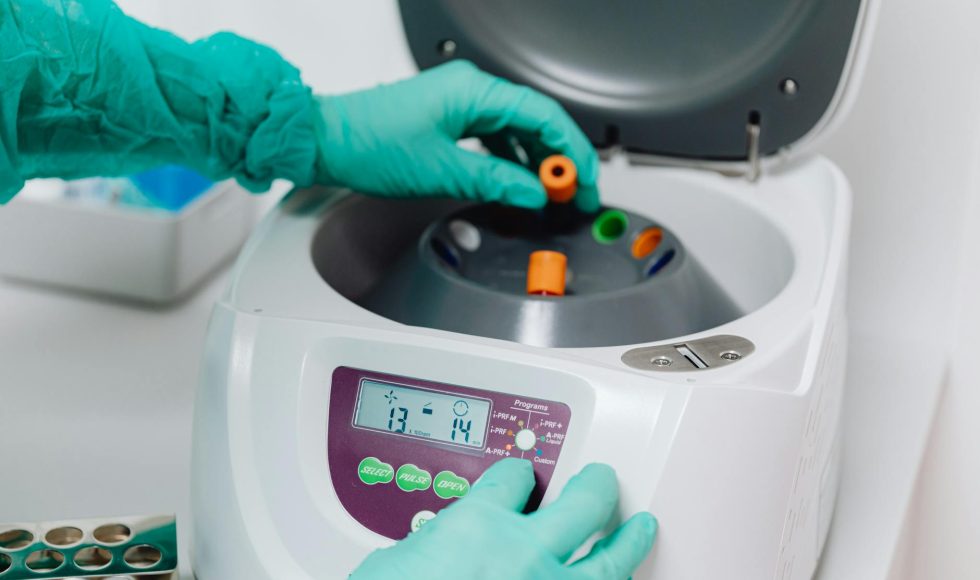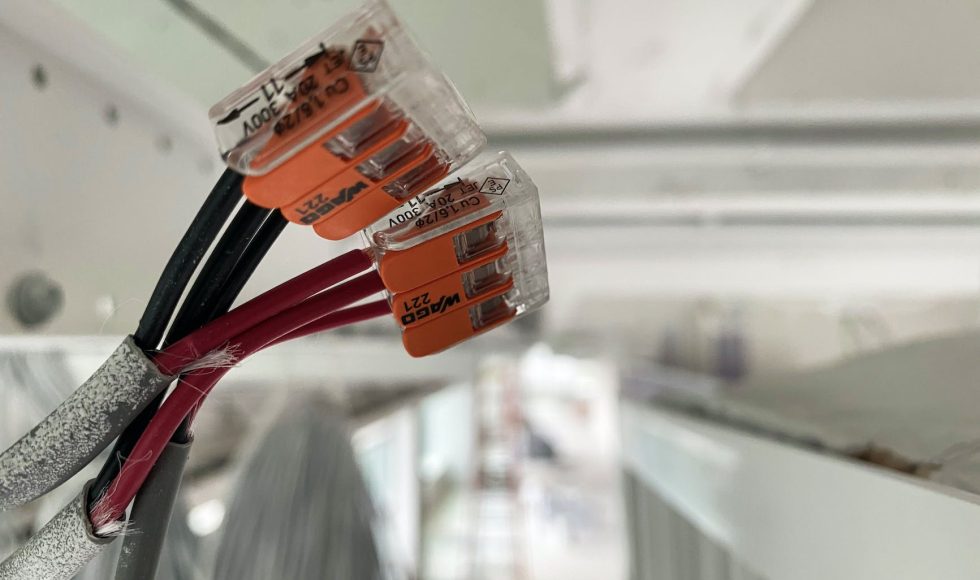Christopher Oakes from The Ohio State University spoke at London Calling 2019 on “Discerning the origin of Epstein-Barr virus in patients using nanopore-derived DNA methylation signatures.” Oakes spoke about how they study tumor viruses and cancer. The Epstein-Barr virus is common, the “prototypical cancer virus,” according to Oakes. Immune cells suppress the virus, but the […]
My Linh Thibodeau from the University of British Columbia in Canada presented at London Calling 2019 on “Resolution of germline hereditary cancer structural variants using nanopore sequencing.” They began talking about the Personalized OncoGenomics Program (POG), which is an initiative of BC Cancer. The study enrolls participants and conducts extensive genomic analyses. The team evaluated […]
Yukata Suzuki from The University of Tokyo in Japan presented at London Calling 2019 on “Identification of a new class of local copy number aberrations in lung cancer genomes using PromethION.” I thought this was timely since today, in class, we started sequencing redbud samples using a PromethION flow cell. Suzuki spoke about starting PromethION […]
Fei Xiao from the Beijing Hospital in China presented at London Calling 2023 a lightning talk on “Small extrachromosomal circular DNAs as biomarkers for potential pan-cancer diagnosis and prognosis.” Xiao noted that extrachromosomal circular DNA (eccDNA) are circular DNA molecules that are independent of conventional chromosomes and most are smaller than 10 kb. The study […]
Colette Felton from the University of California at Santa Cruz presented at the Nanopore Community Meeting in Houston about “Haplotypes, isoforms, and fusions: towards a richer cancer transcriptome.” The Felton read studies splicing, and long reads could be used to detect isoforms. The lab developed a tool called FLAIR2 to study differential splicing. Felton’s lab […]
Mariela Cortes Lopez from the Weil Cornell Medicine and New York Genome Center presented at the Nanopore Community Meeting in Houston about “GoT-Splice: unraveling cell-type-specific impact of splicing factor mutations.” Cortes Lopez is investigating mutations in splicing factors. They started by explaining that cells accumulate mutations with age and, therefore, the genomes of cells are […]
Yuelin Liu from the University of Maryland and the National Cancer Institute spoke at the Nanopore Community Meeting in Houston about “Analysis of melanoma evolution using nanopore long-read sequencing data.” Liu spoke about melanoma and skin cancers. While melanoma makes up only about 2% of skin cancers, it is the most aggressive. Liu explained that […]
Tobias T. Schmidt from the Salk Institute for Biological Studies presented at the Nanopore Community Meeting in Houston on “Telomere dynamics in aging and cancer by nanopore long-read sequencing.” Schmidt is a postdoc working on sequencing and described how telomeres protect the end of linear eukaryotic chromosomes. Telomeres shorten with every round of replication in […]
Genta Nagae from the University of Tokyo in Japan presented at the Nanopore Community Meeting in Singapore on “Direct detection of DNA modifications in human cancer genomes.” Nagae briefly spoke about the significance of DNA methylation in biology and cancer. They used the QIAamp and Puregene kits from QIAGEN to prepare tumor DNA for sequencing […]
Fei Xiao from the Beijing Hospital in China presented at London Calling 2023 a session entitled “Small extrachromosomal circular DNAs as biomarkers for potential pan-cancer diagnosis and prognosis.” They defined extrachromosomal DNA (eccDNA) as “circular DNA molecule that is independent of conventional chromosomes and exists widely in eukaryotes” and can vary in length, though most […]











